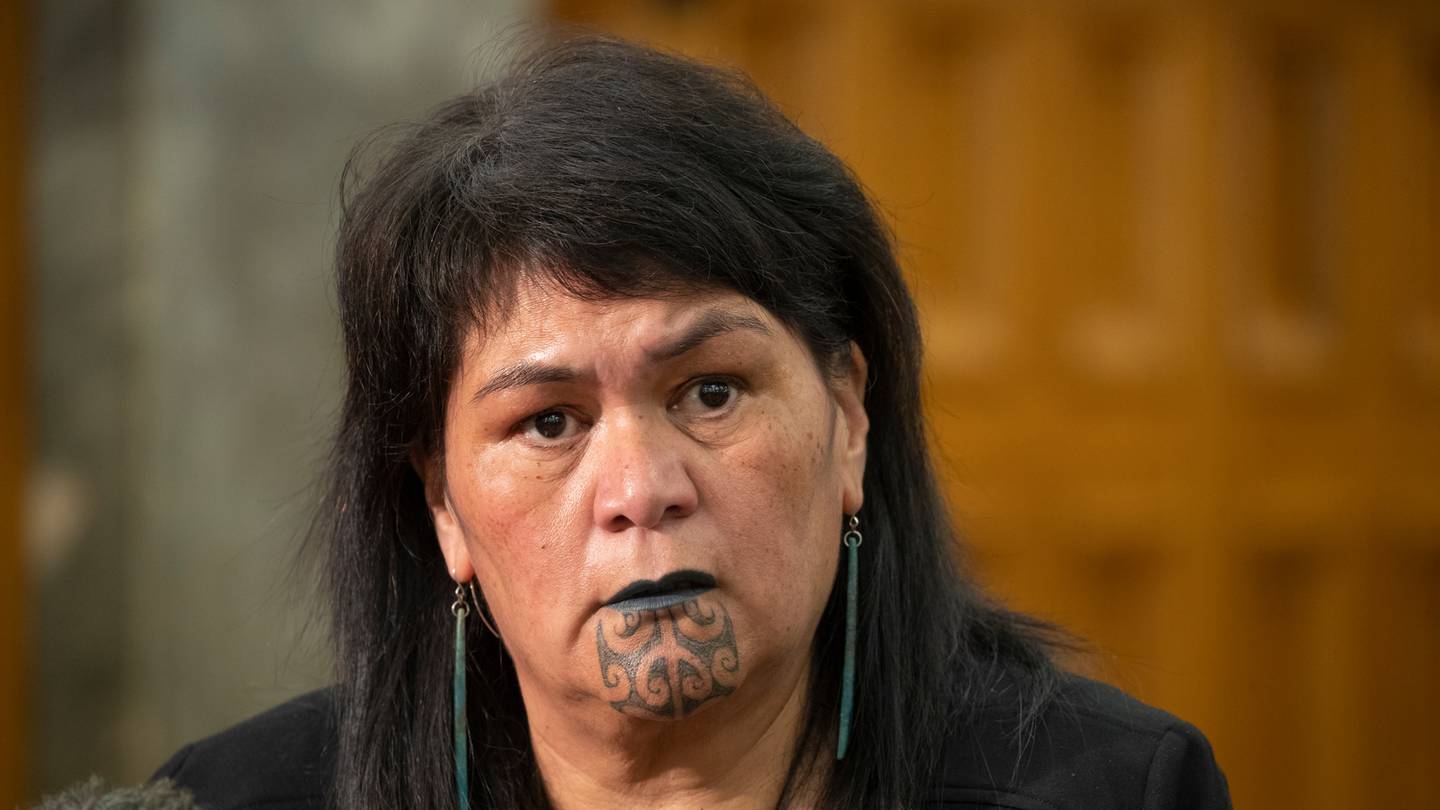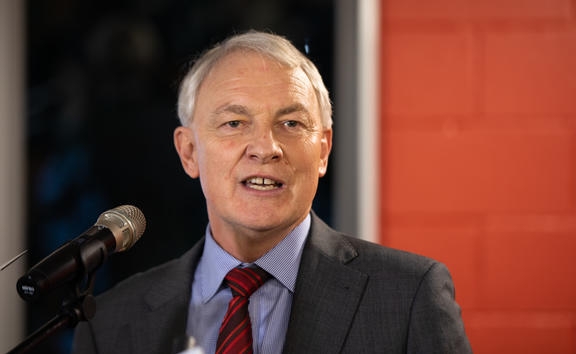
When asked by Q&A's Jack Tame whether she would remain in the local government portfolio until the election, Mahuta confessed to two things she had "underestimated".
"There are two areas of the Three Waters reform programme that I underestimated, and I acknowledge that's my responsibility.
"The first one is I underestimated that the public really knew what was happening with pipes under the ground, and they had a lot more knowledge of the trade-offs councils were always making in relation to what gets spent above the ground, what gets spent below the ground," Mahuta said.
"It's not until pipes burst, or we had dirty water going into our rivers and things like that, that people felt there was a problem - so it was kind of out of mind out of sight - that's the first underestimation on my part that I got wrong," she said.
"There was a high level of sensitivity from local government around that campaign because they felt that they were getting blamed for something."
Mahuta did not walk back from the campaign completely, saying that the responsibility for looking after water assets stood with councils, but acknowledged the communications campaign had been unpopular.
"There was a high level of sensitivity from local government around that campaign because they felt that they were getting blamed for something and I acknowledge that decades of underinvestment in water infrastructure is within the council purview but perhaps the advertising campaign wasn't the best way to tell the message," she said.
"Again, those are two areas that I underestimated that I got wrong, and I accept responsibility for that," Mahuta said.
The ad campaign depicted a range of water failures, which laid blame at local councils, and cost $3.5 million.
The Government is currently considering the results of a three waters reform working group, which attempted to resolve an impasse over some of the most unpopular aspects of the reforms.
The guts of the reforms were never in question; councils will have their water assets such as pipes and reservoirs taken and put into one of four large water entities, spanning different regions of the country.
The working group recommended the co-governance model be preserved, which will likely mean water entity boards split between mana whenua and councils.
However, the group has tried to formulate methods of giving greater local control to councils.
The group recommended councils now have a shareholding in the new entities, rather than the relatively vague ownership concept that came before. It also recommended sub-groups and a water ombudsman for more direct local control.

Mahuta would not commit to carrying through the recommendations of the working group, although she sounded positive about the recommendations that had been made.
"I want to thank the working group for the breath of fresh air that they have breathed into this and I am considering the range of helpful recommendations that they have put forward to strengthen governance, representation, and local voice," Mahuta said.
"I hope that the sector will see that they have really heard the most critical concerns about which parts of the reform programme that I have proposed need to be strengthened from a local government perspective to give communities greater assurance," she said.
Mahuta said any decision over shifting her out of the local government portfolio was one for the prime minister.
Asked whether she thought she was the best person for the job, Mahuta said: "I would hate to think the reform is being held up because of personality issues. Every step of the way I've tried to ensure I've engaged with the sector".
She later said she thought she was the best person for the job.
National's local government spokesman Simon Watts said the interview showed Three Waters was "past saving".
"Saying councils have a 'high level of sensitivity' for feeling blamed by her appalling advertising campaign hardly counts as an apology for discrediting them," Watts said.
He said that even "with the superficial changes recommended by their working group, Labour's Three Waters agenda is still fatally flawed".
"If Minister Mahuta wants to regain any credibility with local government, she must mend her broken relationships with councils and take her Three Waters plans back to the drawing board," Watts said.
National agrees reforming Three Waters is necessary, given the state of New Zealand's water issues, but it prefers a more decentralised approach.
"National would keep the 'local' in local government by encouraging councils to collaborate, contract or form CCOs, and letting communities decide what's right for them – not the Beehive," Watts said.












